Pewnego dnia do dziadków Stanisławy Gawlik zapukali partyzanci. Przyprowadzili nieznanego człowieka, Żyda, i poprosili o jego przechowanie. W drugiej izbie kwaterowali niemieccy żołnierze…
To historia podobna do wielu, które nie zostały udokumentowane. Kontakt z ukrywanym urwał się po przejściu frontu. Pamięć o tamtych wydarzeniach przetrwała w rodzinnych wspomnieniach.
Posłuchaj audycji Marleny Płaskiej:
English version:
The Stanisława Gawlik’s family. Bilcza, Zastawie Street.
One day in 1944 the partisans knocked on the door at Stanisława Gawlik’s grandparents’ house in Zastawie Street – they brought an unknown man, a Jew and asked to hide him. German soldiers were quartered the other room …
The Jew had a new ID made for him – from then on his name was Zdzisław Król. The grandfather would say that he was his son from the first marriage. It was a cover-up because the grandpa had never had another wife – says Stanisława Gawlik.
The conspiracy organizations often joined the campaign to help Jews as the partisans knew which families they could trust. They were looking for the so-called „dens” – safe hiding places for Jews and other people who had to find a shelter and escape the occupiers. The Home Army and the Peasants’ Battalions were in the lead. The conspiracy organizations’ help-Jews campaign scale is still unknown.
„Never before had I seen people with so many lice … everything he was wearing seemed to move with so many insect in the clothes. He was a living skeleton which lice on. He was in a terrible state „- Stanisława Gawlik recalls her mother’s words. At that time the mother was 14 years old. The Polish family took care of the man the way you care for your relatives. The presence of German troops in the other room was an additional difficulty. „Zdzisław Król” suffered from nightmares. He would shout: „I will kill those Germans!” Much to other people’s fear who had to watch him over, calm him down so the secret was not revealed.
An informer reported that a Jew was hidden with the family that lived in Zastawie Street. The Germans came to the place. One of the soldiers who stayed in the family house, probably an Austrian came out to meet the German soldiers. He assured them that there were no Jews or partisans in this house. „He saved their lives then” says Stanisława Gawlik.
This is story similar to many other stories which have not been documented. Contacts were lost with those who were hidden and saved. The memory however has been preserved in families’ memories.






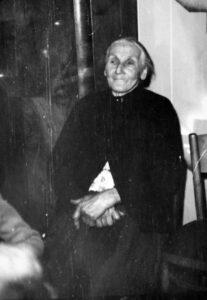
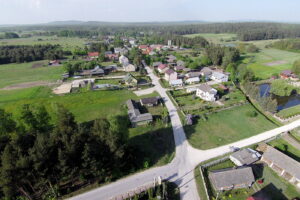
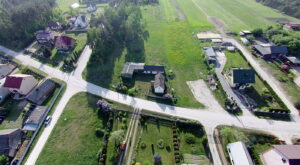
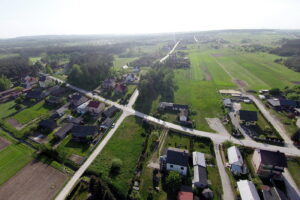
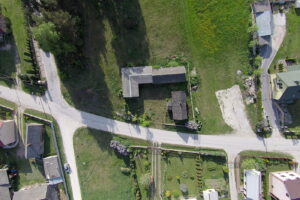
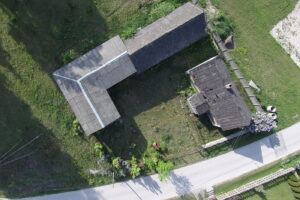
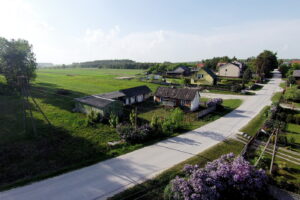
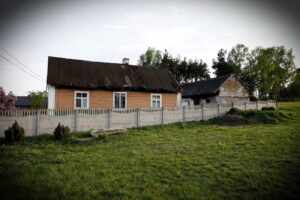
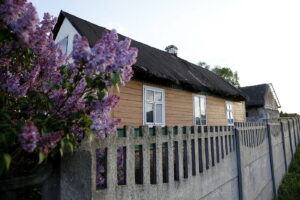
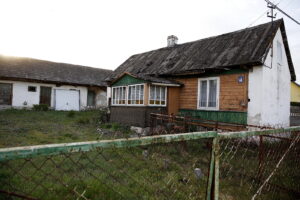
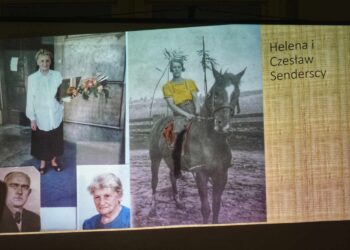
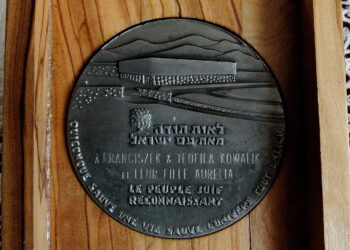
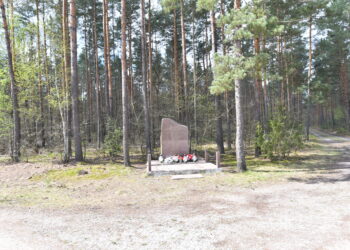
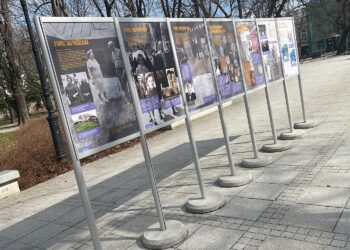
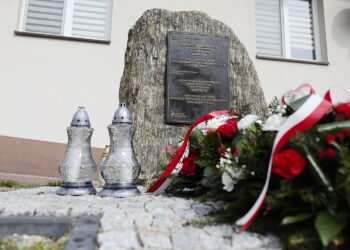
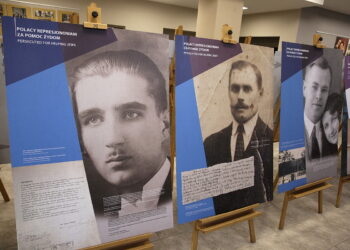
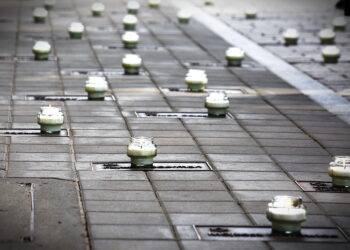
![TAK MINĄŁ DZIEŃ – WTOREK [25 CZERWCA] - Radio Kielce 22.12.2016 Sąd Okręgowy w Kielcach. Pierwsza rozprawa Piotra K. oskarżonego o zabójstwo kibica Korony Kielce / Wojciech Habdas / Radio Kielce](https://radiokielce.pl/wp-content/uploads/2019/06/wh2o6888-20161222-sad-okregowy-piotr-kupiec-rozprawa-112926-350x250.jpg)



